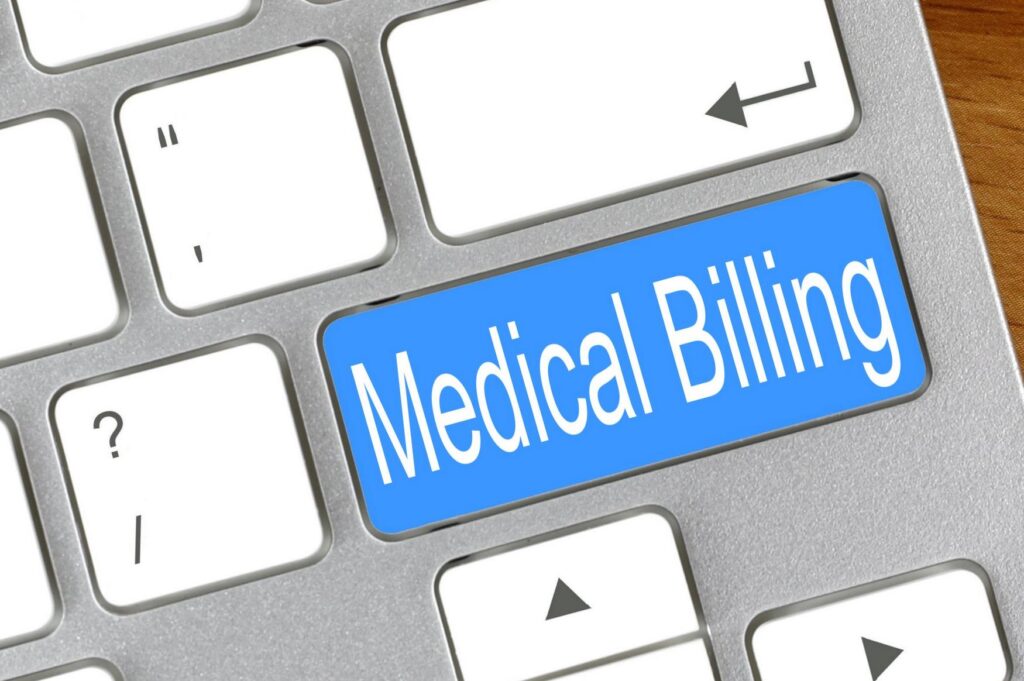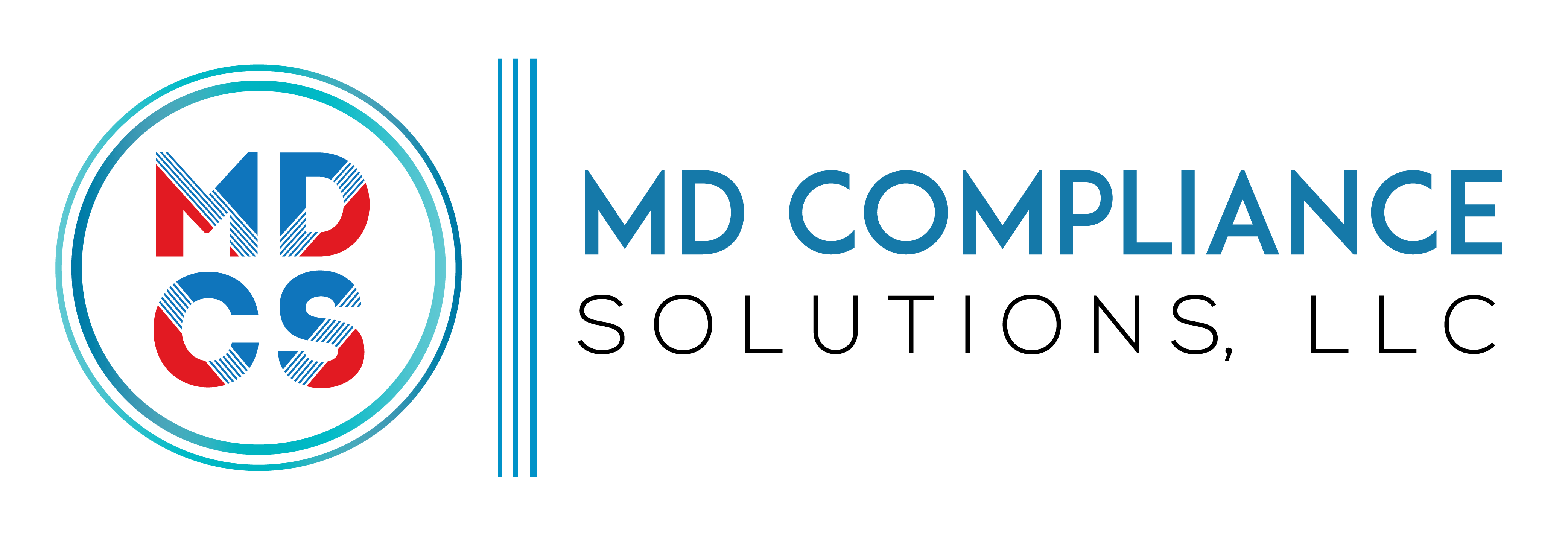Table of Contents
The healthcare sector is always evolving. It might be challenging to handle advanced changes without a system in place due to the constantly changing regulatory standards and rules. Medical billing audit is crucial as it supports providers in maintaining compliance with legal standards, providing high-quality care efficiently, and strengthening the practice’s financial stability. In this guide, We will go into comprehensive detail on medical billing audits, including their relevance, how they work, and the benefits they provide to the healthcare business.
What is Medical Billing Audit?
A medical billing audit is a procedure that caters to the medical records of providers and analyzes the billing information, sent to payers to ensure that the practice detects, monitors, and corrects unethical billing practices. Medical billing audits assist in evaluating the efficiency and dependability of the billing procedure and clinical documentation.
Healthcare providers can enhance their billing procedures and stay out of trouble legally and financially by utilizing technology, making sure that compliance is followed, and recognizing and fixing problems. Frequent audits can result in a more accurate and effective billing system when they are combined with the right training and communication. To ensure efficiency, a practice must conduct routine billing audits in compliance with medical billing regulations. Thus, lab results, medical data, and financial information such as charge sheets & payment schedules are frequently required by providers or the government.
The Process of Medical Billing Audit?
- The first stage in a medical billing audit is to identify the scope of the audit and the resources required to accomplish it efficiently. You need to estimate the amount of clinical staff, providers, payers, coders, and billers.
- Then, you must evaluate your reports for risk areas and patterns. It will also include evaluate the frequency of services offered and monitoring the staff’s use of CPT codes.
- Following the last phase, audit findings are used as strategic information to improve revenue cycle management and patient outcomes. This includes setting realistic improvement targets, dealing with any uncovered internal issues, and putting pressure on payers to strengthen areas where they have been proved lacking.
- Implement audits regularly, to conduct an internal medical billing audit at least once a year if you manage medical billing internally. They could be performed as often as once every three months in large clinics.
Implement audits regularly. It is highly recommended to conduct an internal medical billing audit at least once a year if you manage billing internally. They could be performed as often as once every three months in large clinics.
Types:
External Audits: Another option is to outsource the team for audits to billing organizations. Make sure, the external auditing process is uniform and applicable to all types of procedures. They can compare your billing technique to other procedures in the industry and find any operational faults.
Internal Audits: For medical audits, a company requires an in-house team for this purpose. This internal team can audit random records whenever they see fit. It is best to have a plan from the start. Every audit must include scheduling, developing audit templates, and producing standard documentation. If the team can prepare all of these and approach the audit technique strategically, your firm will save time and work in the future. Internal audits help to streamline billing processes and create a more efficient revenue cycle.
CERT Audits: Comprehensive error rate testing is a type of external audit performed by Medicare. A CERT audit involves the auditor reviewing several claims from a healthcare provider’s billing records. This type of audit seeks to discover systematic mistakes in a healthcare provider’s billing methods.
Focused Audits: This type of audit concentrates on particular aspects of a healthcare provider’s billing, like a specific service category or provider. When a payer notices a pattern of mistakes in a healthcare provider’s billing-specific service or provider, focused audits are usually carried out.
Benefits:
Medical billing audits improve patient care by allowing physicians to concentrate on providing quality treatment to patients. A reliable audit keeps track of procedures and services while educating professionals to deliver the best care possible. Regularly train your coding staff on the latest coding guidelines and updates to minimize coding errors.
One of the most significant advantages of medical billing audits is that they allow you to identify and resolve errors before the government or insurance payers do. Billing audits can be depended on to detect inaccuracies, provide advice on fixing issues, create confidence in the coding team, and ensure the use of current procedure codes. Audits can boost your coding team’s confidence by identifying areas for improvement and ensuring they are utilizing up-to-date codes. This transparency builds trust between payers and patients.
Medical billing audits help to strengthen payer relationships. Payers prefer claims that are properly and meticulously submitted. A reliable audit guarantees that all claims are submitted correctly, which improves payer relations. Regular audits inhibit fraudulent billing activity in your practice. They serve shield against potential legal and financial consequences of inappropriate billing.
Medical billing audits assist in safeguarding the practice against erroneous billing activity and claims. Billing audits make it simple for clinics to guarantee ICD-10-CM compliance while reducing or eliminating incorrect payments. Auditing helps identify reimbursement issues and demonstrates how to improve. As a result, areas for additional reimbursement may be revealed, resulting in increased revenue. The practice also benefits from faster file processing, fewer improper payments, and more accurate claim payments. Audits identify opportunities where you may be under-coding services. This allows you to fully capture the value of the care you give while potentially increasing revenue.
Sum up
Regular auditing is a no-brainer for all healthcare providers looking to optimize revenue cycle management and prevent claim denials. If you decide to use external auditing, you must select the proper source for your needs. A powerful medical billing software comes with many different capabilities, such as claim submission, denial management, a rules engine, auditing, and more, which assist providers in maintaining their auditing process regularly and efficiently and their revenue cycle profitable.

Read More: Understanding Medical Billing Services: A Comprehensive Guide

